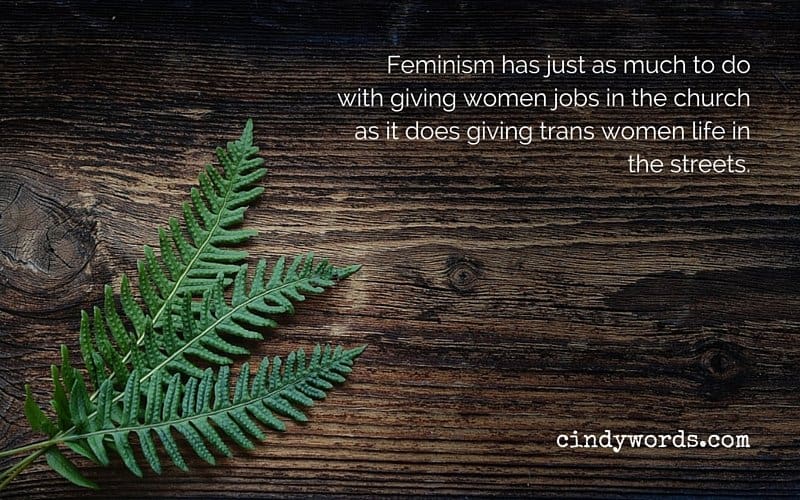
What I’m learning – Intersectionality
April 5, 2016
I heard someone say that facebook is who you went to school with and twitter is who you wish you went to school with.
It was on twitter where I first learned of the term “Intersectionality.” Most of the people I follow on twitter are 120% smarter than me, so often it’s like cracking open a textbook of a brand new field of study—I can recognize the words but it takes time for comprehension to catch up. I am no expert, nor have I done any serious work on the academic study on intersectionality, so I openly welcome any critiques on what I am learning.
My most rudimentary understanding of intersectionality is this: to advocate for the social justice for one particular group of oppressed people, we cannot ignore the plight of other marginalized groups. Oftentimes, they are intertwined.
I think there is a very real need for us to grapple with an idolatry of justice. As technology affords us both an instantaneous and relentless awareness of a myriad of justice causes, and the often illusory perception of our capability to effect change, it becomes very easy to puff up our justice egos and enlarge our savior complex. Pragmatism and good ol’ work ethic drives us to advance our movements by documenting success, hitting program goals, and mining visible storytelling of dramatic life changes of the people we rescue.
Add to this the pressures of building an online presence inherent in almost every justice work in our digital age, our message can easily get lost in the echoes of the scaffolds in our platforms. As well intentioned as justice work is, it becomes an idol when the end result is an empty clawing for an elusive benchmark instead of a careful journey of faithfulness embedded and supported by the rich wisdom of many voices, particularly of the communities we hope to effect change.
Like I have said before, we must fight with perseverance against the injustices of poverty, climate change, racism, homophobia, gender inequality, xenophobia, and violence, but the way we win matters. As much as we desire to see concrete change, if the path to pursuing these goals requires we trample on our other values, then we must question whether the liberties won in this battle are indeed worth fighting for.

Within evangelicalism this seems to be a persistent problem because evangelicals apply orthodoxy litmus tests to the work of justice. The 2014 World Vision Gayt dramatically proved that a policy change to hire same sex married employees was enough to cause 10,000 sponsors to withdraw their funds. The work of justice for children was overshadowed by the litmus test of gay marriage.
Deborah Jian Lee, in her reporting for Rescuing Jesus, tracks the Christian egalitarian movement advocating for women to occupy equal leadership positions within the church. One prominent organization, Christians for Biblical Equality has gained tremendous ground in this movement, coming head to head with their opposing complementarian camp to pull evangelicalism towards equality for women. However, Deborah says,
“CBE’s success appears, in part, due to its narrow focus on promoting egalitarian marriages and women’s ordination to the exclusion of more controversial causes, such as the advancement of reproductive rights or the inclusion of sexual minorities.” (pp. 125, Rescuing Jesus)
For the movement to have gained traction within evangelicalism, it must toe the conservative line of traditional sexual ethics.
I deeply admire the work of Christian egalitarian pioneers, as well as current activists whose identity has been popularly coined by Sarah Bessey’s bestselling book, Jesus Feminist. As a Christian woman, I benefit from their hard-earned labor, so I don’t want to diminish this.
It’s just that the same impulse that compelled me to rediscover my Imago Dei as a woman in the church, also drives me to desire the same for my GLBT friends. The same fire that lit inside as I claim my racial identity as a person of color demands I dare not turn a blind eye to racial injustice on the path to liberation as a woman. Once my eyes had been opened to how steeped I was in the oppressive system of patriarchy, they can’t help but see how the same system employs similar tactics for other people groups.
In other words, the struggle is bound together. Poverty and patriarchy is intertwined. Racism and homophobia exacerbates one another. Feminism has just as much to do with giving women jobs in the church as it does giving trans women life in the streets.
All this reveals to me is how much humility is required as we inch forward in our collective struggle for life—how careful we must be to displace the idol of justice on our sacred platforms. Most of all, how desperately we need to always keep a posture to listen and learn from perspectives we are previously unaware of, especially from marginalized people whose voices aren’t often amplified for lack of privilege and power.
The process is messy, complicated, and filled with mistakes and setbacks. But that’s how everything worth doing goes.

